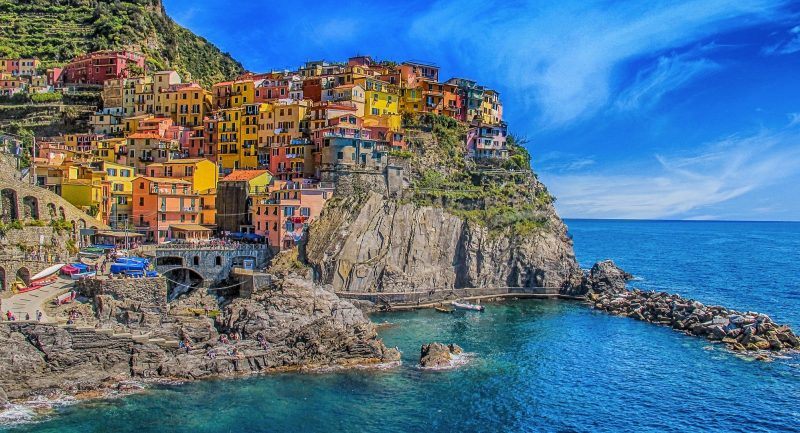For travelers, the tourism industry can provide some of the most exciting experiences of a person’s life. Additionally, there are few things that are more memorable than a wonderful family vacation, a romantic honeymoon getaway or an adventurous journey with friends. These are the moments that make cameras worth having, as they are the times we hope to cherish and memorialize forever.
The tourism industry is vital to these experiences by providing transportation, lodging, tours and all other goods and services that are involved in travel. While this industry is wonderful for travellers, it can be even more meaningful to those who live in the destinations that are visited. For many popular travel destinations, tourism accounts for a large portion– or even the majority– of their local economies.
The Importance of Tourism
Even for those locations that are not dependent upon it, tourism can inject an infusion of money into an area and greatly boost a small economy. According to the latest research by the World Travel and Tourism Council (WTTC), the tourism industry is responsible for $7.6 trillion annually, or 10.2% of the global GDP. Also, over 292 million jobs are either directly or indirectly related to the industry, making up nearly one-tenth of all the jobs on the planet.
Unfortunately, not all of that money actually goes to the intended locations. In fact, the majority of tourist dollars spent in areas like Thailand and the Caribbean ends up leaving the region almost immediately upon arrival. This tourism leakage stems from a number of causes such as all-inclusive travel packages, foreign-owned tour operators, corporate hotels and airlines, imported food and drinks, and a number of similar causes.
Experiential Travel
On the bright side, there has been a real trend towards experiential travel (or immersion travel) that focuses largely upon a true local experience for travelers and tends to have a beneficial impact on local economies. This sort of tourism is becoming increasingly popular, as travelers are being more conscious of their impact on destinations and proactively seeking to support local businesses like restaurants, independent lodging and local shops.
In addition to the direct monetary contribution of travelers, the demand for authenticity has created a shift in the tourism industry itself. One of the most notable impacts of this is through the sharing economy being utilized more while traveling, specifically companies like Airbnb and Uber. Even major traditional tourist companies like hotel chains and airlines are being forced to adjust their business models towards techniques that positively impact the environments in which they operate.
Travel Local
While many travelers– particularly young people– have an active desire to travel local and support the local economies of the areas in which they travel, it can be difficult to know exactly what steps will be beneficial. After all, you may visit and patronize a locally owned restaurant, but your contribution will not be as meaningful if they import the majority of their food and drinks, or if the business itself does little to contribute to the local economy.
So the question becomes: What exactly constitutes local travel? Additionally, how far should you reasonably be expected to go to support local economies if you have no say in how the money where the money actually ends up? Should you only buy merchandise that was crafted and produced locally? Should you only eat at restaurants and buy from shops that get their food directly from local farmers?
The fact is, traveling local will not be as easy as the traditional, convenient techniques that you have used in the past. While you can hop-on/hop-off a major tour bus line, you may have to put in effort to find local tour guides. It may also be more expensive, if you plan to only buy from local shops, businesses and restaurants.
However, the benefits of positive experiential travel will greatly outweigh these drawbacks. While tourism is beneficial to many smaller economies, the industry is also known to have had negative cultural, environmental and economic impacts in some cases. Aside from the immersive, authentic experience of experiential travel, it is always great to know that you are leaving a positive mark on your destination.


